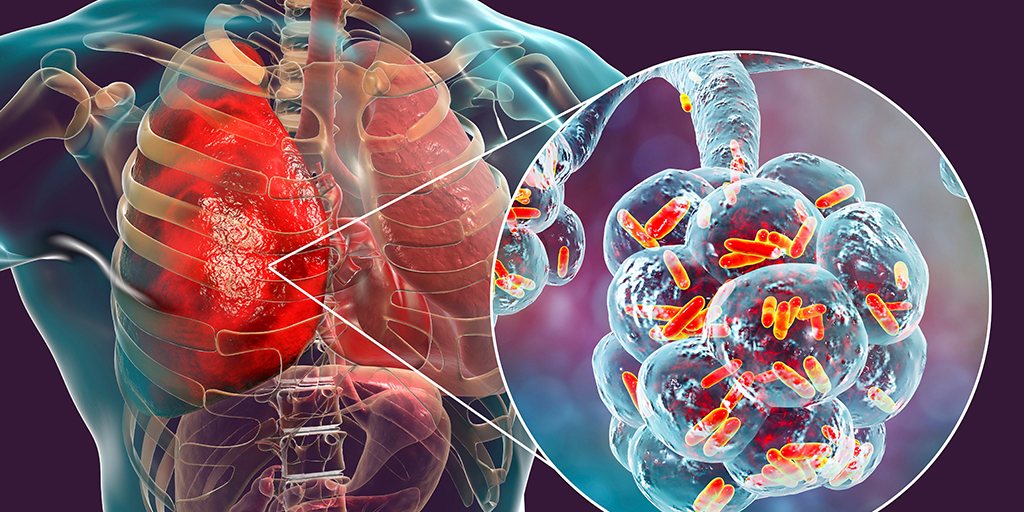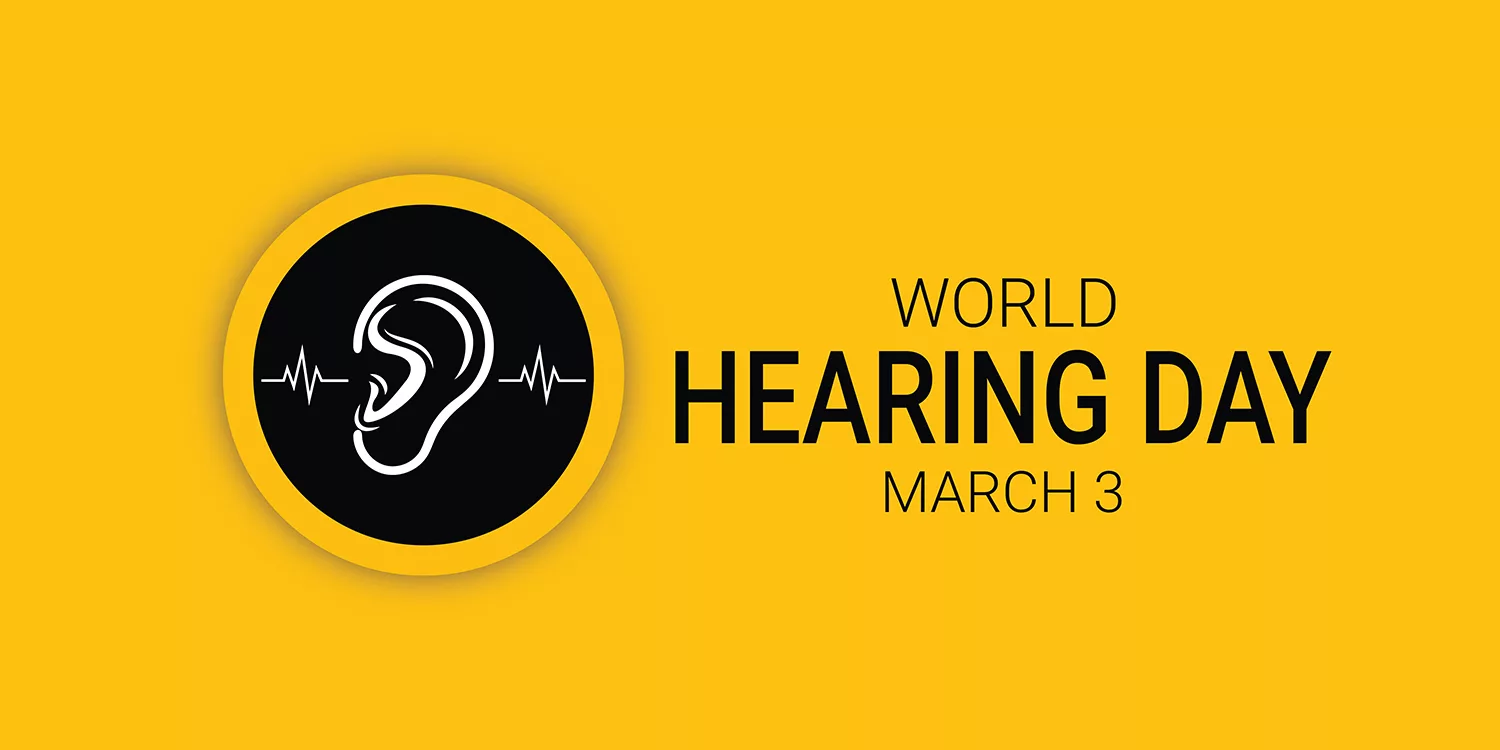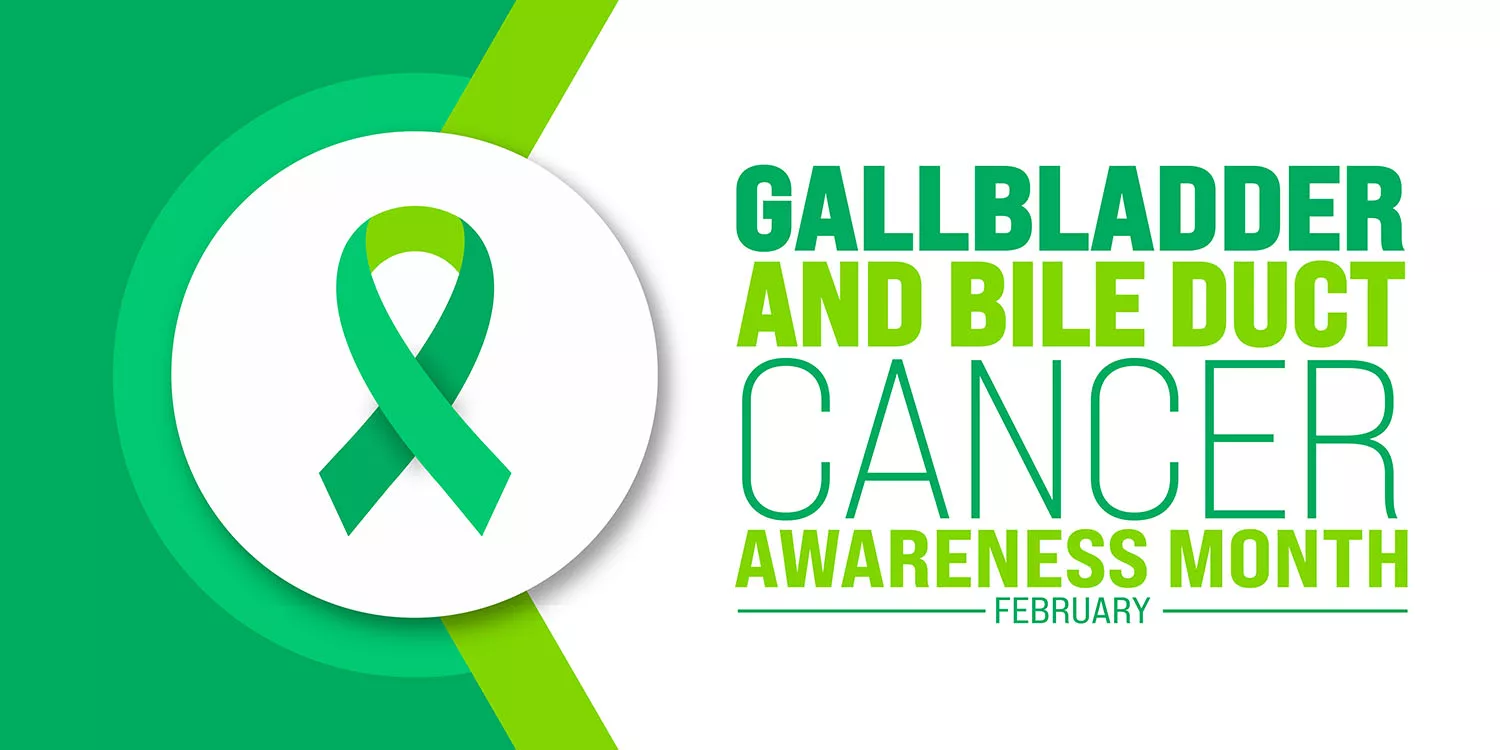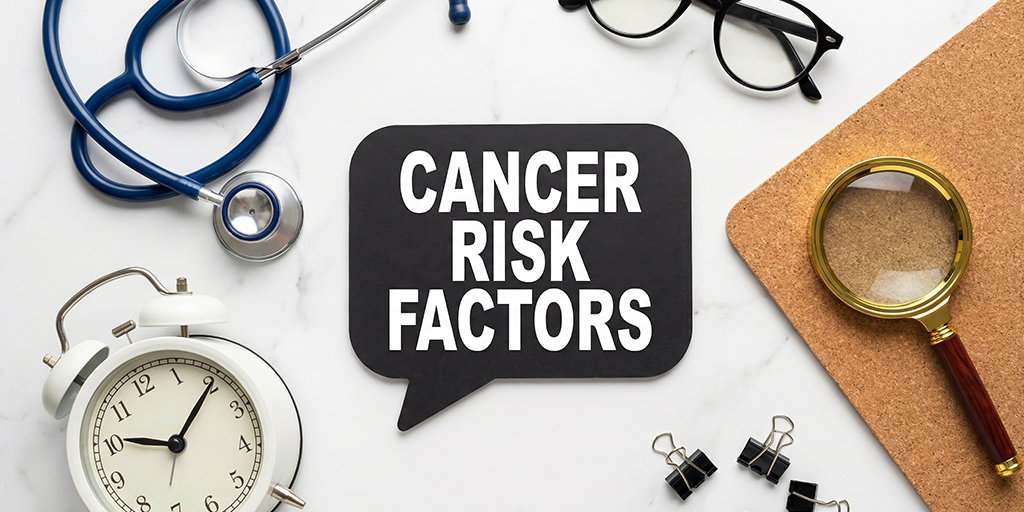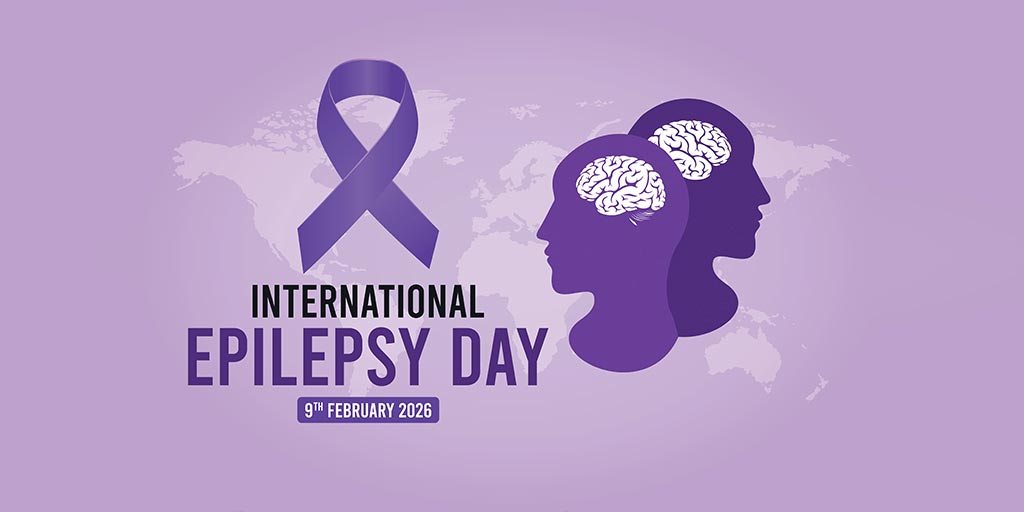Epilepsy is a common neurological disorder characterised by recurrent seizures that may appear as sudden jerks, staring spells, or loss of awareness. According to the National Institutes of Health (NIH), there are over 12 million people with epilepsy (PWE) in India, accounting for about one-sixth of the global burden, and studies show the treatment gap can be as high as 90% in rural regions due to lack of awareness and access to specialised care. Without timely treatment, it can result in repeated seizures, learning difficulties, and other complications, compromising the individual’s safety and independence. For those seeking epilepsy treatment in Dehradun, Graphic Era Hospital offers expert care and comprehensive support. Our epilepsy care team comprises experienced neurologists, neurosurgeons, clinical psychologists and neurophysiologists, who leverage advanced diagnostics and evidence-based therapies to manage seizures and improve long-term outcomes.
When to Seek Epilepsy Screening and Consultation
Early evaluation of seizures is vital, as untreated epilepsy can increase the risk of accidents, injuries, and long-term neurological complications. Many people delay seeking help, assuming seizures are isolated events, but timely consultation with a neurologist helps confirm the diagnosis and start effective subsequent seizure-like episodes
- Frequent fainting spells that mimic seizure activity

Key Considerations Before Starting Epilepsy Treatment
Before starting epilepsy treatment, a detailed assessment is necessary to identify the cause, classify the type of seizures, and evaluate overall health. This ensures that treatment plans are personalised and effective. Important considerations include:
- Understanding the difference between seizures and epilepsy, as not all seizures indicate epilepsy
- Identifying the type of epilepsy and seizures (foatment. Consider epilepsy screening and consultation if you experience any of the following
- Recurrent seizures or unexplained convulsions
- Temporary confusion or memory gaps after episodes
- Sudden staring spells or periods of unresponsiveness
- Uncontrollable jerking movements of the arms or legs
- Sudden loss of consciousness or awareness
- Emotional or psychological changes such as fear, anxiety, or déjà vu
- Episodes of unusual sensations, tastes, or smells without cause
- Seizures triggered by stress, lack of sleep, or flashing lights
- History of head injury with scalp, generalised, or mixed)
- Reviewing possible causes of epilepsy such as genetics, head injuries, brain infections, or developmental disorders
- Evaluating risk factors, including age, family history, brain trauma, and history of febrile seizures
- Performing diagnostic tests such as EEG, MRI, CT scan, blood tests, and neurological examinations
- Assessing for conditions such as status epilepticus or refractory epilepsy, which require advanced care
- Reviewing current medications and potential interactions with epilepsy drugs
- Discussing lifestyle habits and possible seizure triggers, such as stress, sleep deprivation, or alcohol
- Considering diet therapies (e.g., ketogenic diet) for selected patients
- Setting treatment goals and planning for long-term management and follow-up
Epilepsy Treatments Available at Graphic Era Hospital
At Graphic Era Hospital, epilepsy treatment is tailored to control seizures, minimise side effects, and improve daily functioning. Depending on the type of epilepsy and response to therapy, our neurologists offer a wide range of treatment options, including:
- Anti-Seizure Medications (ASMs): The first line of treatment, carefully prescribed to reduce seizure frequency and severity while balancing side effects.
- Diet Therapy: Special diets such as the ketogenic or modified Atkins diet are used in certain cases where seizures do not respond well to medications.
- Epilepsy Surgery: Procedures such as temporal lobe resection, lesionectomy, Hemispehrectomy or corpus callosotomy & Vagal nerve stimulation are considered for drug-resistant epilepsy.
- Vagus Nerve Stimulation (VNS): A device implanted under the skin that sends mild electrical signals to the brain to help control seizures.
- Responsive Neurostimulation (RNS): Advanced device-based therapy that detects abnormal brain activity and delivers targeted stimulation to prevent seizures.
- Management of Status Epilepticus: Emergency care with rapid-acting medications and intensive monitoring for prolonged or repeated seizures.
- Counselling and Lifestyle Modification: Guidance on stress management, sleep regulation, and lifestyle changes to reduce seizure triggers.
- Rehabilitation Support: Speech, occupational, and psychological therapy to aid recovery and improve quality of life.
Why Choose Graphic Era Hospital for Epilepsy Treatment in Dehradun?
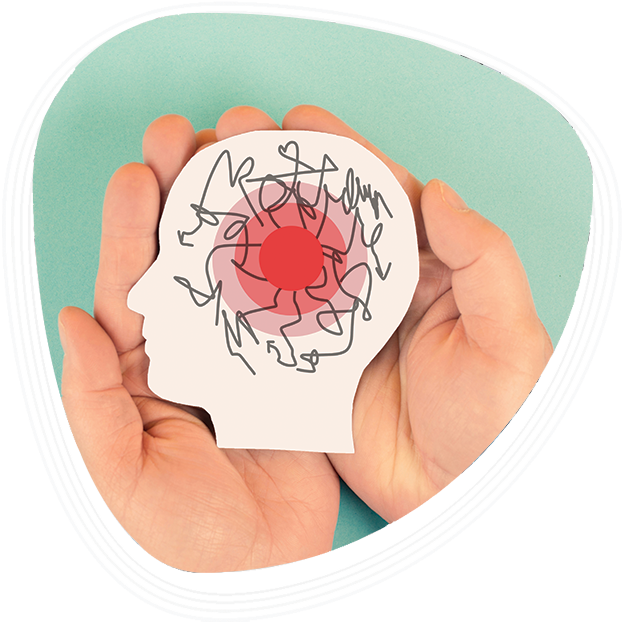
Epilepsy Services Available at Graphic Era Hospital
To support patients at every stage of their journey, Graphic Era Hospital provides a comprehensive range of services for the diagnosis, treatment, and long-term management of epilepsy.
Comprehensive Epilepsy Evaluation
- Electroencephalogram (EEG) for seizure activity monitoring
- MRI and CT scans to detect structural brain abnormalities
- Blood and metabolic tests for underlying causes
- Detailed neurological examination
Seizure Classification and Staging
- Identification of focal and generalised seizures
- Evaluation of refractory epilepsy cases
- Assessment of seizure frequency and triggers
Personalised Epilepsy Care Plans
- Individualised anti-seizure medication regimens
- Dietary therapies such as the ketogenic diet planning
- Surgical and device-based treatment options for resistant epilepsy
Long-Term Management and Support
- Counselling for patients and families
- Rehabilitation therapies to improve recovery and independence
- Lifestyle modification programmes to reduce seizure recurrence
- Regular follow-ups with neurologists for ongoing care
Top Epilepsy Treatments Available at Graphic Era Hospital
- Anti-seizure medications (ASMs)
- Ketogenic and modified Atkins diet therapy
- Epilepsy surgery (temporal lobe resection, lesionectomy)
- Vagus nerve stimulation (VNS)
- Responsive neurostimulation (RNS)
- Emergency management of status epilepticus
Top Procedures
- Electroencephalogram (EEG)
- Nerve Conduction Study (NCS)
- Electromyography (EMG)
- Evoked Potential Tests
- Lumbar Puncture (Spinal Tap)
- Video EEG Monitoring
- Transcranial Magnetic Stimulation (TMS)
- Autonomic Nervous System Testing
- Cerebral Angiography
- Carotid Doppler Ultrasound
- Neuropsychological Testing
- Intravenous Immunoglobulin (IVIG) Therapy
Blog
Frequently Asked Questions
What is epilepsy and how is it different from a seizure disorder?
Epilepsy is a neurological condition marked by recurrent seizures, while a seizure disorder may include isolated seizure episodes. Epilepsy treatment focuses on long-term management of repeated seizures.
What are the early signs of epilepsy?
Early epilepsy symptoms include sudden staring spells, temporary confusion, uncontrolled jerking movements, loss of awareness, or unusual sensations such as fear, anxiety, or déjà vu.
Can epilepsy be cured or does it go away?
Epilepsy is not always curable, but many people achieve seizure control with medication, diet therapy, or surgery. Some children may even outgrow epilepsy as they age.
Is epilepsy hereditary?
Yes, genetics can play a role in epilepsy. A family history of seizures may increase the risk, although not all cases are inherited.
What treatment options are available for epilepsy at Graphic Era Hospital?
Epilepsy treatment in Dehradun at Graphic Era Hospital includes anti-seizure medications, ketogenic diet therapy, epilepsy surgery, vagus nerve stimulation, and responsive neurostimulation devices.
How effective are anti-seizure medications?
For most patients, epilepsy medication helps control seizures effectively. Around 70% of people with epilepsy can remain seizure-free with the right treatment plan.
Can seizures cause brain damage?
Most brief seizures do not cause permanent brain damage, but prolonged seizures or status epilepticus can be life-threatening without immediate treatment.
What are common seizure triggers and how can I avoid them?
Triggers include stress, lack of sleep, flashing lights, alcohol, missed medication doses, and infections. Managing lifestyle, following prescribed treatment, and avoiding known triggers help reduce seizures.
What tests are used to diagnose epilepsy at Graphic Era Hospital?
Diagnosis may include an electroencephalogram (EEG), MRI, CT scan, blood tests, and neurological examinations to identify the cause and type of seizures.
Does Graphic Era Hospital provide epilepsy treatment for children?
Yes. Our neurologists manage paediatric epilepsy with personalised care, using child-friendly medications, monitoring, and long-term support for growth and development.
Where can I find expert epilepsy treatment in Dehradun?
Graphic Era Hospital offers comprehensive epilepsy treatment in Dehradun, led by experienced neurologists and epilepsy specialists. With advanced diagnostics, anti-seizure medications, diet therapies, surgical procedures, and rehabilitation support, patients receive personalised care for every stage of the condition. To consult a specialist, call 1800-889-7351 today.

